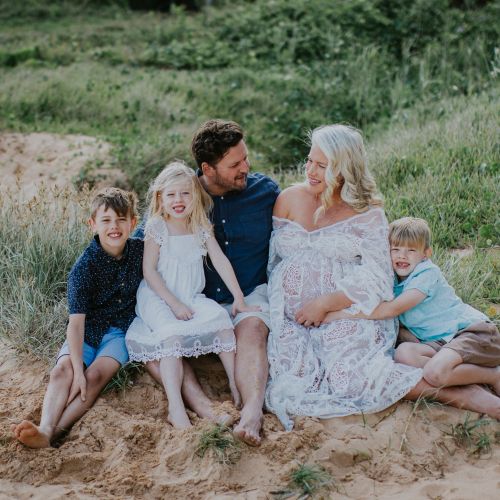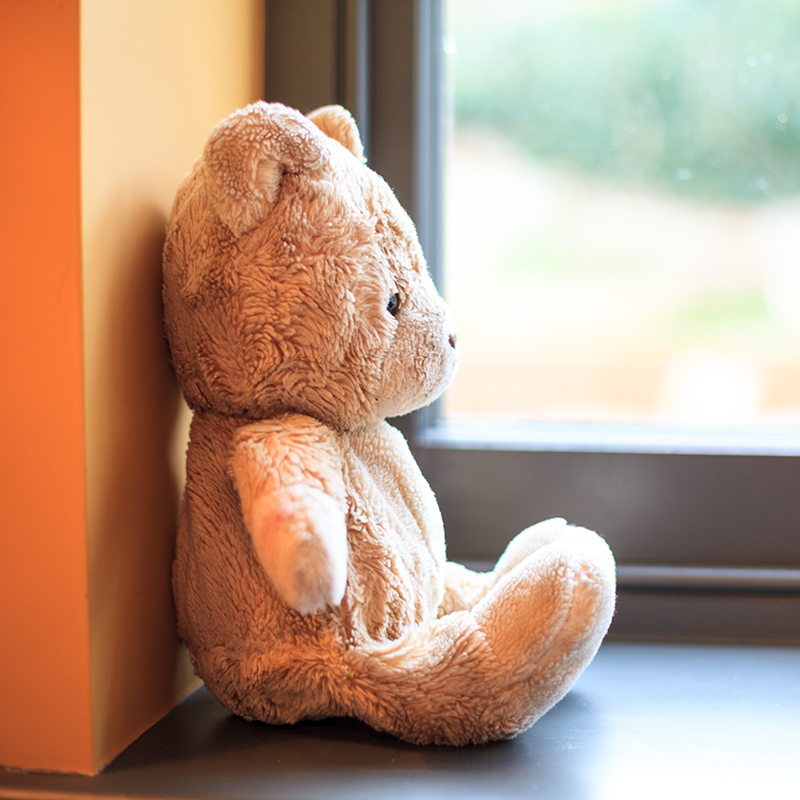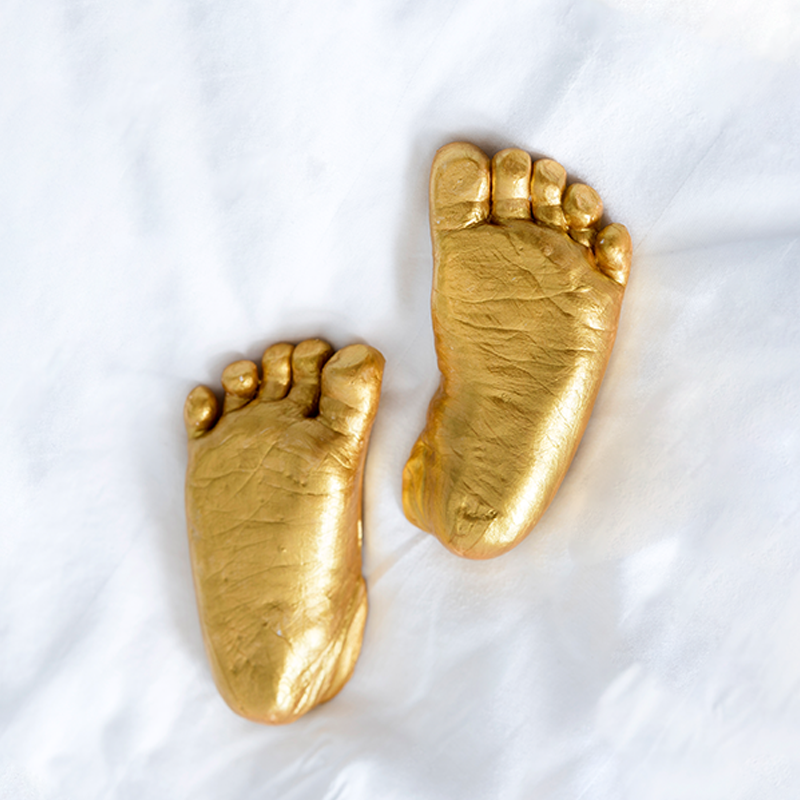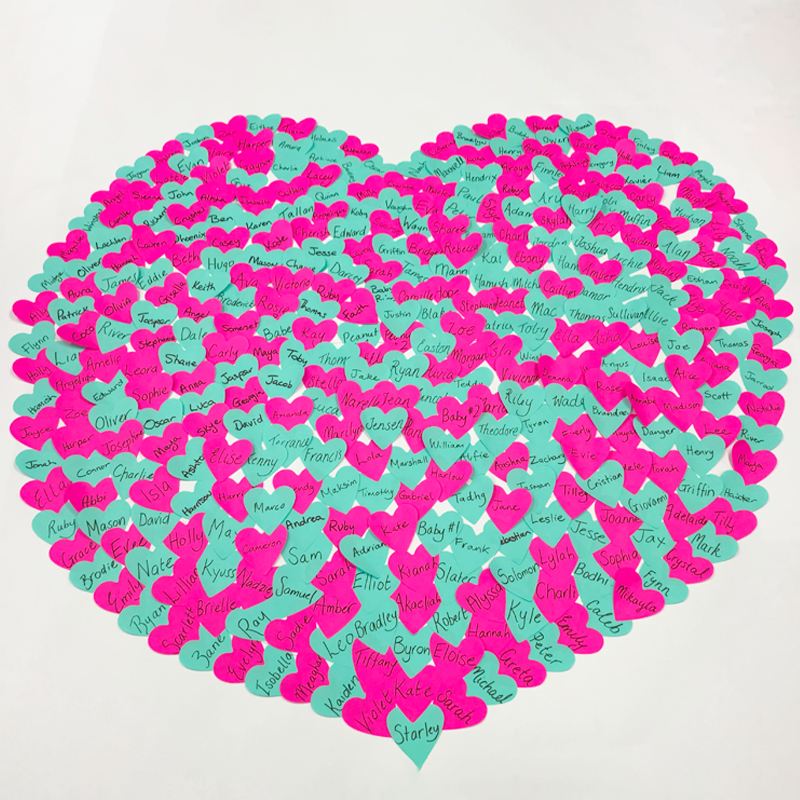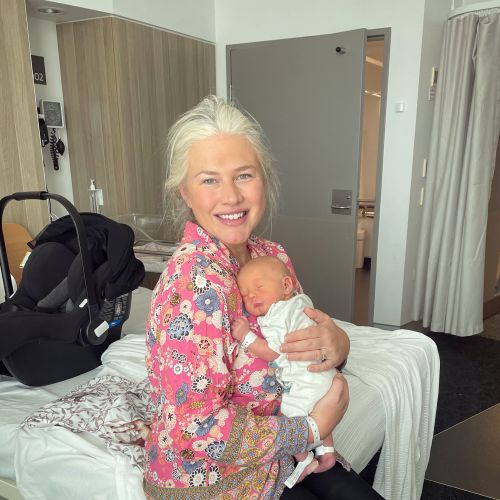
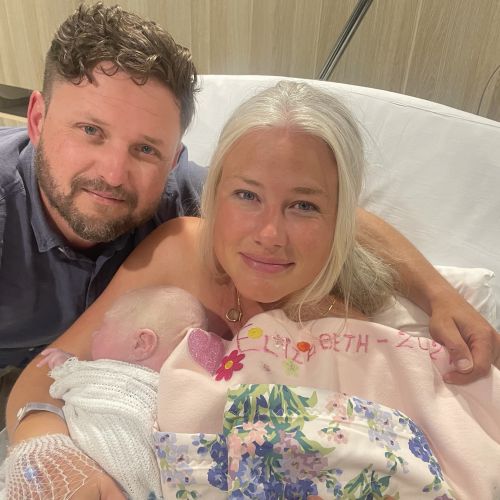

“We are blessed, but we are broken. Never have we felt such joy or known such grief. We knew their birth would be bittersweet, but nothing could have prepared us for the pure relief of meeting our son and the deepest pain of losing his twin sister.”
- Fiona Ellis-Jones
It's hard to describe what it's like to be told your unborn child will die. When that baby is a twin, the experience becomes even more complex – a profound intertwining of grief and hope.
In 2022, my husband Mark and I welcomed our twins into the world. Banksi Jones, our much-wanted son, and Elizabeth, our beautiful daughter who was born sleeping.
Elizabeth, lovingly referred to as "Twin B" during pregnancy, had been active throughout, showing a cheeky personality in all our scans. We had even joked she would be our star soccer player because of her strong kicks. But at almost seven months gestation, her umbilical cord failed her, depriving her of oxygen despite the best efforts of our medical team.
It was random, rare and unrelated to her being a twin. The loss of a twin late in pregnancy presents a complex medical challenge. Teams of specialists, weekly scans, and eventually six weeks of bed rest followed as we fought to save Banksi.
For two months after Elizabeth passed, I carried both babies -- holding life and loss together, side by side. But we had to do it for Banksi; it was the only way to ensure his survival and get him as close to term as possible.
The doctors later explained that Elizabeth had stayed alive just long enough to give her brother the optimal chance of survival. Any earlier or later and we would have lost him too. We have gained much comfort from knowing I held our beautiful daughter every second of her life, and she died snuggled up to her twin, whose life she helped save.
On the day Elizabeth passed, I reached out to Red Nose for support, connecting with a peer-to-peer volunteer. She had experienced the stillbirth of her own daughter years earlier and assured me that while the pain was unbearable, it would eventually ease. Red Nose also provided a psychologist specialising in bereavement who guided me through the remainder of my pregnancy and helped prepare our family for the twins' birth.
The birth itself was bittersweet. The twins were delivered together, allowing our family precious time with both babies. Banksi was safe and healthy, while Elizabeth was perfect with ten fingers and ten toes, and a beautiful little face and our signature lips.
For me, seeing Elizabeth alongside her twin brother provided tangible proof of her existence –- something that would become vitally important in our grieving process.
Now, years later, as Banksi thrives, our family continues to honour Elizabeth's memory. The grief has evolved but never disappeared. We’ve grown around it. I don't think of Elizabeth with sadness anymore. I don't physically recoil when I see a double pram. I don't look at Banksi and miss her and wonder what could have been. I reckon that's as healed as I'll ever be.
Our family has also found purpose by raising awareness about stillbirth prevention and supporting Red Nose's work. Six babies are stillborn in Australia each day. That’s 1 in 100 pregnancies. And up to half of these deaths could be prevented through improved screening, treatment, and maternal safe side sleeping practices.
Elizabeth's legacy lives on not only in our family's hearts but in our advocacy and in the brother whose life she helped save. Elizabeth changed our family to the core. She taught her siblings about love and loss. She tested but ultimately reaffirmed our marriage. And she imparted a sense of resilience and fearlessness that I never knew existed inside me.
But Elizabeth's biggest gift to us was her twin. And for that, we'll be forever grateful.
Say Their Name Day is on March 25 – a special day to remember all of the little lives we have loved and lost, and support bereaved families.

